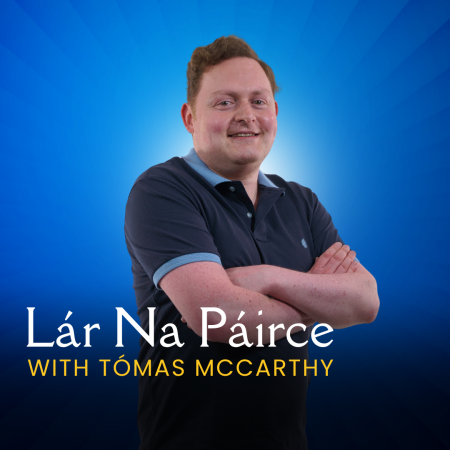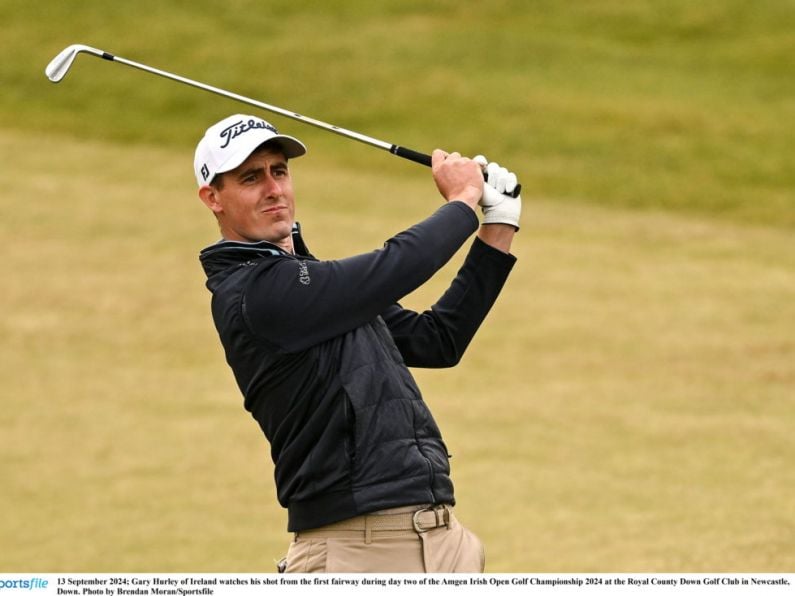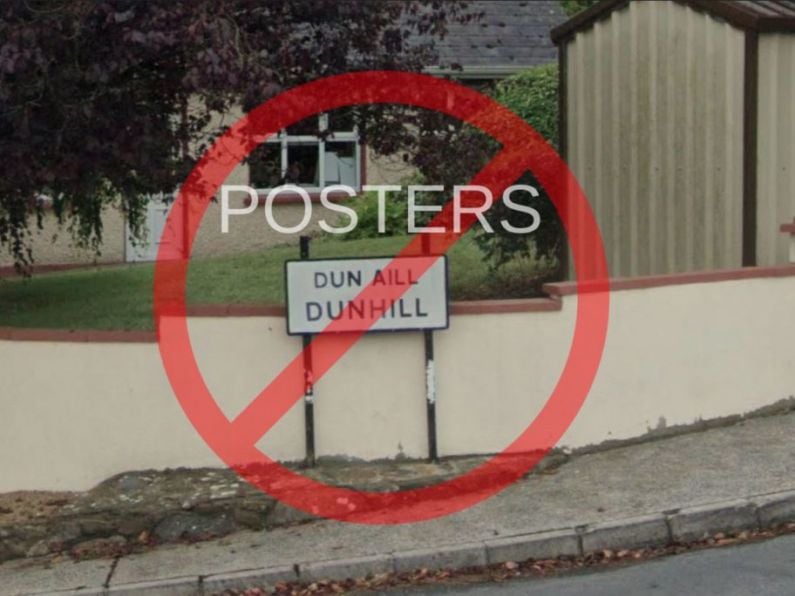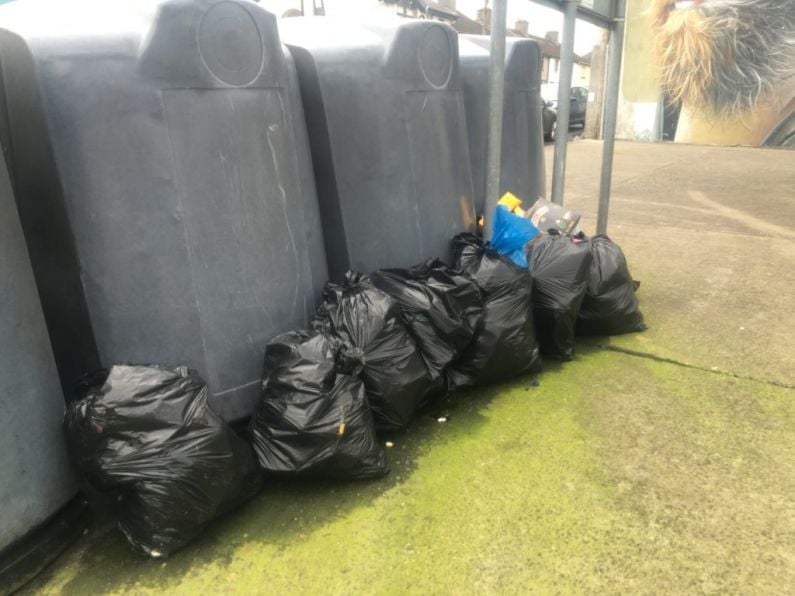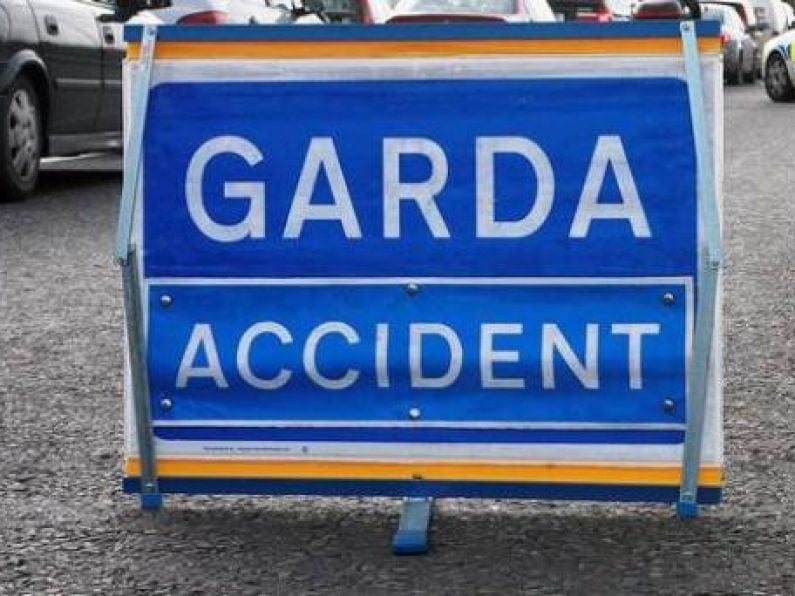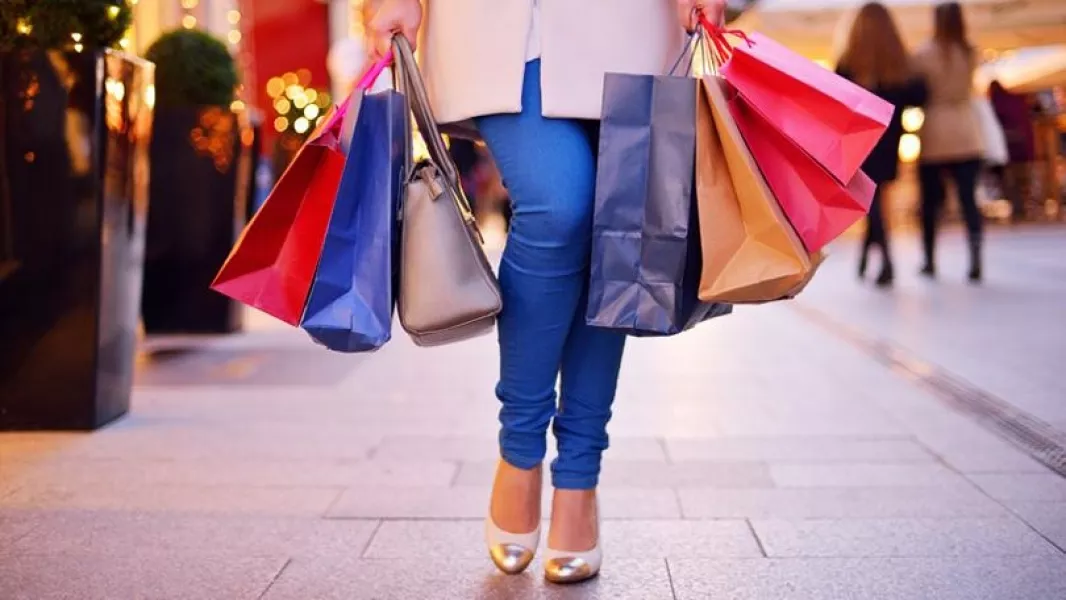
James Cox
Irish consumers are currently the second-most-anxious in Europe despite a small increase in consumer confidence.
Consumer confidence in visiting physical stores, engaging in person-to-person services and attending in-person events has increased, according to Deloitte Ireland’s latest State of the Consumer Tracker.
The tracker is a monthly survey which tracks Irish consumers’ attitudes towards personal wellbeing, financial concerns, travel and hospitality, transport and retail.
The results are based on a survey of 1,000 consumers across 19 countries respectively (1,000 Irish consumers). The most recent data was gathered between February 3rd and March 3rd, as the country remained under full Level 5 restrictions.
Some of the key findings were:
- Findings suggest consumers will continue to engage in home-based activities post-pandemic.
- Increase in confidence in visiting physical stores (up seven per cent); attending in-person events (up four per cent).
- Seven per cent increase in intent to spend on travel over next four weeks.
- Concern around returning to the workplace down six per cent.
Commenting on the latest results, Daniel Murray, partner and head of Consumer at Deloitte Ireland, said: “The findings of the latest State of the Consumer Tracker show that consumer confidence is hesitantly rising, a welcome sight. As Ireland’s vaccine rollout continues, consumers are naturally anticipating returning to the workplace and partaking in activities such as shopping in-store, engaging in in-person services and attending in-person events.
“Throughout the last year, however, we have observed just how sensitive consumer confidence is to shocks and setbacks. We are likely to see further outbreaks of cases before a significant majority of the population has been vaccinated; this will test consumers’ resilience and make the recovery of consumer confidence a constant uphill battle.”
Concerns and spending intent
Irish consumers’ concern for their own physical wellbeing has increased by two per cent since the previous wave of research, conducted four weeks prior.
However, there were slight decreases recorded in consumers’ concern for the health of their families (down one per cent), concern around making upcoming payments (down three per cent) and concern around making large purchases (down one per cent).
Concern around job loss was down by two per cent, with concern around returning to the workplace down by six per cent.
Those feeling safe to visit a physical store was up by seven per cent, while confidence in engaging in person-to-person services, such as hairdressing, was up by nine per cent. Confidence in attending in-person events also increased by four per cent.
A decrease of five per cent was recorded in spending intent over the next four weeks on both household goods and utilities, when compared with the previous four weeks. There was also a four per cent decrease in spending intent on internet/mobile services.
There was a general increase in consumers’ intent to spend on non-essential items (up five per cent). Increases were recorded in intent to spend on alcohol (up two per cent) and restaurants/takeaways (up seven per cent).
There was a five per cent decrease recorded in intent to spend on clothing and footwear, and a slight decrease in those considering spending on more locally-sourced items (down two per cent).
Travel, Hospitality and Tourism
A strong increase was recorded in consumers’ intent to spend on travel (up seven per cent on the last wave), as well as an increase in consumer confidence in air travel (up three per cent). Confidence in staying in hotels has also increased by seven per cent.
In general, there has been an increase in those planning to travel for leisure over the next three months: to hotels (up five per cent); private accommodation (up three per cent) and on international flights (up three per cent).
A slight increase was recorded in consumers planning to limit their use of ride-hailing services over the next three months (up two per cent) and an increase in consumers stating they ‘plan to drive less often’ as a reason for keeping their current vehicle longer than expected (up four per cent).
Covid-19 and vaccinations
Participants in the survey were asked when they expected to be fully vaccinated against Covid-19 (i.e. having received all the doses needed for immunity).
Two per cent reported that they are already fully vaccinated. Five per cent expected to be fully vaccinated within one month; 16 per cent expected to be fully vaccinated within three months; 25 per cent expected to be fully vaccinated within six months; 14 per cent expected to be fully vaccinated within nine months; 15 per cent expected it would take more than nine months for them to be fully vaccinated; 13 per cent were unsure; and eight per cent said that they would choose not to be vaccinated.
Participants were also asked to indicate to what extent they intend to take part in certain activities when the pandemic is over.
Home-based activities were likely to continue at a higher level post-pandemic: 51 per cent said they intend to cook at home more post-pandemic than they did pre-pandemic; 41 per cent said they will buy more fresh food; 38 per cent said they will shop online for delivery more; 35 per cent said they will stream on TV more; 34 per cent said they will engage in more home improvement projects; 23 per cent said they will work from home more.
In contrast, activities based outside of the home were likely to stay below pre-pandemic levels.
15 per cent said they will be less likely to drive their vehicle on a daily basis post-pandemic; 15 per cent said they will be less likely to visit a doctor or dentist in person; 24 per cent said they will engage in less person-to-person services and 30 per cent said they will attend less in-person events.
Furthermore, 31 per cent said they will eat at restaurants less; 34 per cent said they will stay at hotels less; 35 per cent said they will use less public transport; 35 per cent said they will take less flights; 36 per cent said they will go to the gym less; and 44 per cent said they will use ride-hailing services less.


